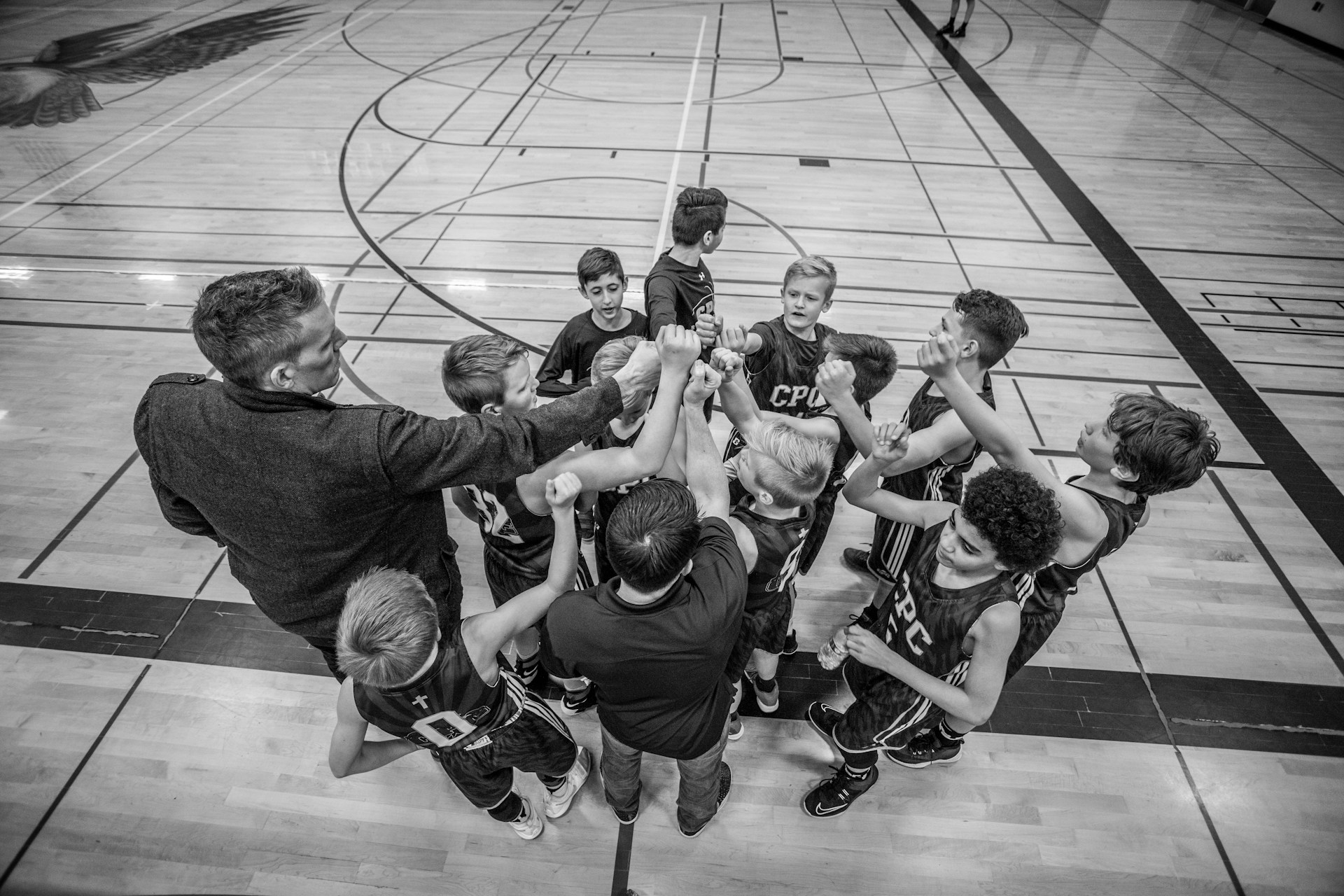In the world of sport, the influence of a good coach is undeniable. A coach’s ability to inspire, motivate, and guide their team can directly impact the players’ performance. As such, it’s crucial for coaches to continually develop their coaching skills and strategies. One such compelling strategy that could potentially revolutionize the way UK basketball coaches interact with their players is motivational interviewing.
Motivational interviewing (doi) is a collaborative, goal-orientated method of communication that’s designed to strengthen an individual’s motivation to change. It’s underpinned by the idea that, for people to successfully make changes, they need to feel understood, respected, and ready to change independently. A study by Crossref suggests that this approach can be a game-changing tool for coaches to enhance players’ performances.
Cela peut vous intéresser : Which detailed game film analysis techniques can help UK basketball players understand opponent tactics?
The Art of Motivational Interviewing in Coaching
Motivational interviewing (MI) is not a new concept. It originated in the field of psychology and has been successfully used in various areas, such as healthcare, to encourage behaviour change. However, its application in the sports arena, especially in basketball, is a relatively new phenomenon.
Motivational interviewing can be a powerful tool in the hands of a coach. It involves using a directive, yet collaborative approach to evoke and strengthen the motivation for change within athletes. Rather than instructing or persuading players to adapt to a new change, MI encourages players to explore their own reasons for change. This method fosters a sense of autonomy and self-efficacy among athletes, which can lead to improved performance.
Avez-vous vu cela : What are the essential elements of a mental toughness program for young UK basketball talents?
The Benefits of Motivational Interviewing in Sports
The benefits of using motivational interviewing in sports are many. Firstly, it can help to promote a more positive and constructive coach-athlete relationship. When coaches use MI techniques, they show empathy, respect, and genuine interest in their players’ feelings and perspectives. This can help to build trust and rapport, ultimately leading to better communication.
Secondly, motivational interviewing can help to foster intrinsic motivation in athletes. When players are motivated by internal rewards, such as enjoyment and personal satisfaction, they are more likely to put in the effort and remain committed, which can significantly enhance their performance.
Finally, using MI techniques can help coaches to effectively deal with resistance to change. Instead of arguing or persuading, coaches can use MI to explore the athletes’ ambivalence about change and encourage them to find their own motivations for change.
How to Use Motivational Interviewing in Coaching
So, how can UK basketball coaches employ motivational interviewing to enhance player performance? It all starts with a shift in mindset. Instead of seeing themselves as the ultimate authority figure, coaches need to view themselves as facilitators, helping players to explore and resolve their ambivalence about change.
One essential component of MI is active listening. Coaches need to devote their full attention to the players, demonstrating empathy and genuine interest in their perspectives. This can be achieved by using reflective statements, summarizing players’ thoughts, and asking open-ended questions to encourage more profound introspection.
Moreover, coaches should focus on affirming players’ strengths and efforts, rather than criticizing their weaknesses. Positive reinforcement can significantly boost athletes’ self-esteem and motivation, leading to improved performance.
Case Studies: Evidence of Successful MI in Sports
There are numerous real-life examples that demonstrate the effectiveness of motivational interviewing in sports. Take, for instance, the study conducted by Google Scholar. This study involved a group of football players who were struggling with poor performance due to issues such as low self-esteem and lack of motivation. The results of the analysis showed significant improvements in the players’ performance and overall well-being after they received MI from their coaches.
Another compelling case is recounted in the book “Motivational Interviewing in Sport: An Introduction,” by Stephen Rollnick. The book cites several examples where motivational interviewing had a profound impact on the performance and motivation of athletes.
While motivational interviewing may require some practice and patience to master, the potential rewards for both the coach and athletes are immense. Not only can it enhance player performance, but it can also foster a more positive and constructive team atmosphere. It’s a tool that UK basketball coaches should seriously consider incorporating into their coaching repertoire.
Practical Application of Motivational Interviewing Techniques
As basketball coaches in the UK consider the use of motivational interviewing (MI), practical application becomes a key focus. A major aspect of MI involves reframing the role of the coach. Instead of the traditional approach of instructing and directing, coaches employing MI see themselves as facilitators and work collaboratively with players to evoke change.
Active listening remains a cornerstone of MI, meaning coaches must dedicate their full attention to the players and exhibit genuine empathy. To assist their understanding, coaches can use reflective statements, summarizing players’ thoughts, and pose open-ended questions that promote deeper introspection. This method helps athletes to fully explore their motivations, leading to a stronger commitment to change.
Another fundamental aspect is the emphasis on affirmation. Coaches should focus on acknowledging players’ strengths and efforts. By recognizing the hard work and progress of the athletes, coaches can significantly bolster their self-confidence and motivation. This use of positive reinforcement is a critical element in fostering an environment that promotes high performance.
Finally, MI helps coaches to handle resistance to change effectively. Rather than trying to persuade or coerce, coaches using MI techniques can help athletes explore their ambivalence about the change, promoting the discovery of their motivations for change.
Conclusion: The Future of Motivational Interviewing in UK Basketball
The benefits and practical application of motivational interviewing (MI) in sports coaching, particularly in UK basketball, are clear. The technique promotes a positive, constructive relationship between coach and athlete, which can significantly enhance player performance and team dynamics.
Several case studies, including those cited by Google Scholar and in Stephen Rollnick’s book, “Motivational Interviewing in Sport: An Introduction,” demonstrate the effectiveness of MI in improving performance and fostering motivation.
However, the successful implementation of this approach requires a shift in the traditional perception of coaching. Coaches need to become facilitators, empathic listeners, and affirmers of their players’ efforts. And while mastering these skills may require patience and practice, the potential rewards for both coaches and athletes are undeniably significant.
In conclusion, based on the evidence provided, motivational interviewing could mark a new era for UK basketball coaching. It provides a compelling means to help athletes overcome barriers to change, elevate their motivation, and achieve their optimal performance. As the sports coaching world moves towards an increasingly player-centred approach, the use of MI is well-positioned to become a mainstay tool for coaches in UK basketball, and potentially, in the broader world of youth sports, women rugby, and other high-performance sports.






